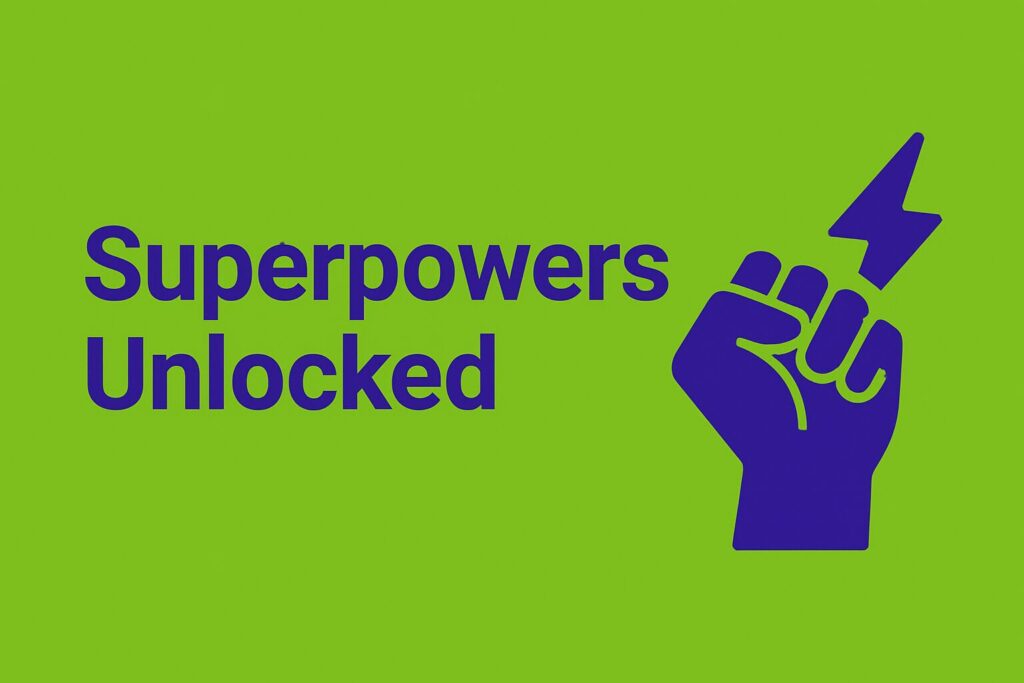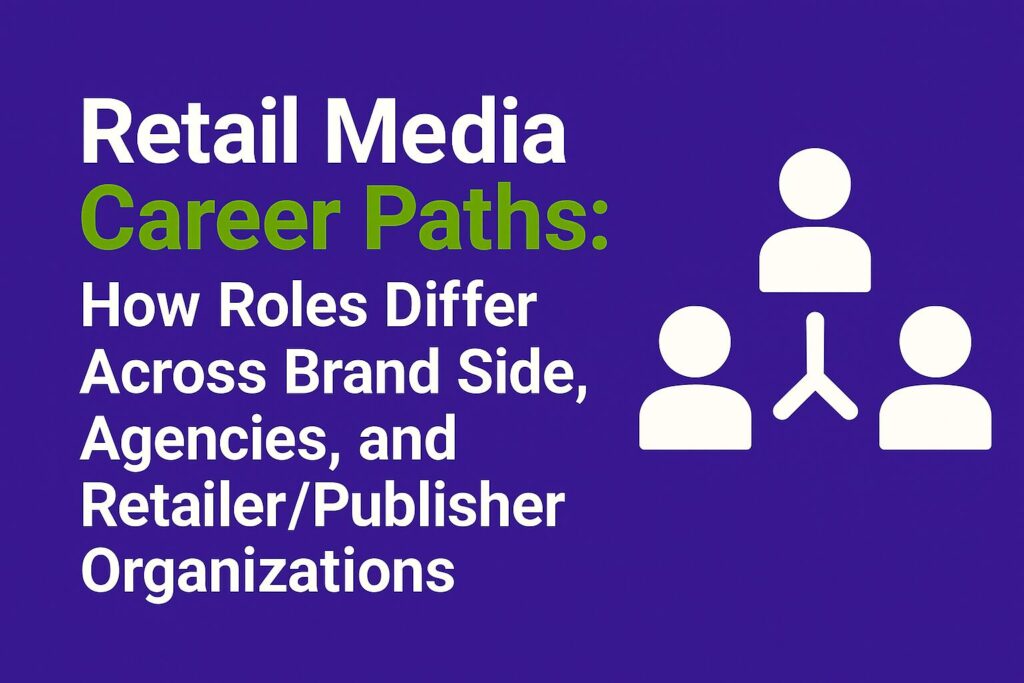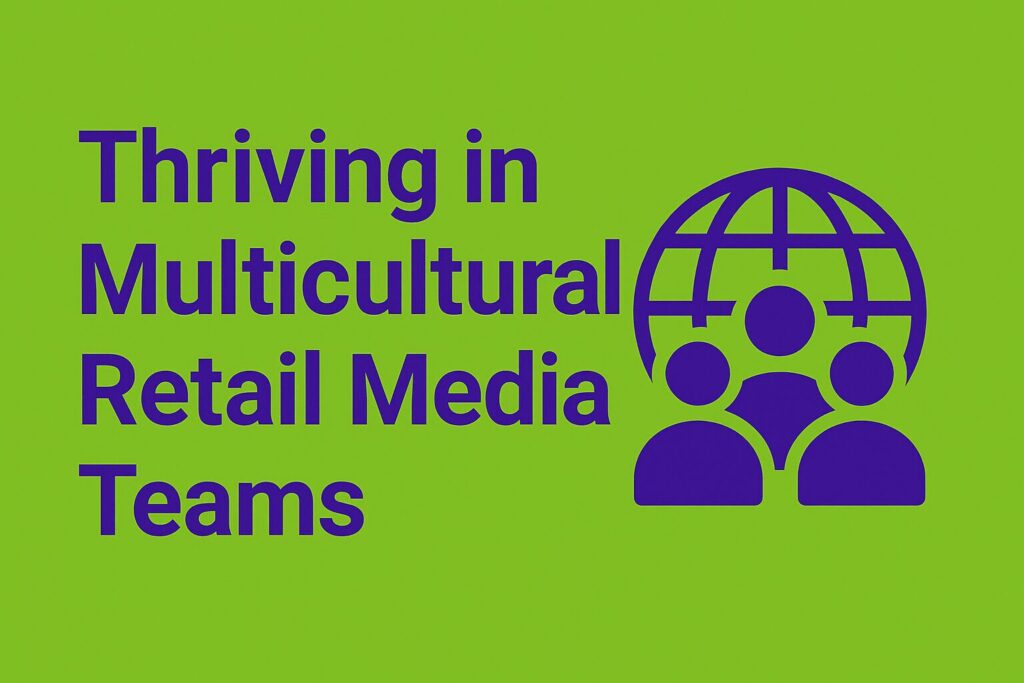Starting a career in retail media often begins with the first steps in digital ecommerce—learning how campaigns work, understanding performance metrics, and experimenting with content and ads. This article shares key skills, current trends, and personal experiences that helped shape my early path in this fast-evolving field.
1. The Digital & E-commerce Landscape: A Snapshot
Looking back, it’s clear that I entered the field at a time of major transformation.
- E-commerce’s Explosive Growth
In 2021, global online sales passed $4.9 trillion. By 2025, they’re expected to top $7 trillion (eMarketer). Digital is no longer a side channel—it is the channel. - Omnichannel Expectations
73% of shoppers now research online before purchasing in-store (Google). Digital and physical aren’t separate anymore—they’re connected. - Real-Time, Data-Driven Decisions
From dashboards to performance reports, today’s campaigns rely on constant optimization. You can’t just “set and forget” anymore.
For a broader overview of retail media technology and trends, see Retail Media: Everything You Need to Know.
2. Entry-Level Skills That Made a Difference
When I started, I wasn’t aiming to master every platform—I just wanted to get my hands dirty and understand how things worked. These were the areas I focused on first:
- Digital Marketing Fundamentals
I began by learning the ropes of social ads, email marketing tools, and basic SEO concepts. Small experiments taught me how campaigns came together. - Immersion in the Advertising Ecosystem
My first real exposure wasn’t with platforms like Shopify or Magento, but with performance-focused channels—affiliate marketing, display advertising, email campaigns, and a lot of copywriting. It was a crash course in how digital traffic flows, and how storytelling turns into conversion. - Analytics Basics
Learning Google Analytics was intimidating at first, but over time I learned what to look for: traffic sources, bounce rates, campaign ROI. Those early reports helped me connect the dots between strategy and results. - Content & Creativity
Whether writing posts, shaping email subject lines, or working with CMS platforms, content quickly became one of the most consistent parts of the job.
3. How I Got My Start: A Personal Snapshot
From Student to Intern
My first real step was an internship during my Master’s program. I was asked to launch and manage a small social media campaign for a university initiative. Facebook and LinkedIn became my playground.
Finding a Mentor
One of the course lecturers—a professional in the e-commerce space—took time to offer insights beyond the classroom. Through him, I got my first real look at campaign strategy, targeting, and performance.
Hands-On with Sales Teams
Later, I joined a travel-sector brand where I supported the CEO in scouting new marketing opportunities. I helped build client lists, segment audiences, and keep everything organized—small tasks that made a big impact on my understanding.
Collaborating with Account Managers
Working alongside account managers gave me a feel for how campaigns evolve over time. I helped tweak targeting, review early performance metrics, and ensure everything stayed aligned with sales goals.
4. Advice for Others Starting Out
Looking back, a few simple strategies made all the difference:
- Say Yes to Learning Opportunities
Volunteer for cross-functional tasks. You’ll quickly discover which areas excite you most. - Invest in Your Growth
Platforms like Google Digital Garage and HubSpot Academy are free and packed with value. Certifications also help validate what you’re learning. - Make Connections
Join LinkedIn groups, follow professionals in your niche, and engage in online conversations. Every connection could lead to a new insight—or a new role. - Start Building Your Story
Save screenshots, campaign results, and creative samples. Document your progress. One day it’ll become your portfolio—and your pitch.
5. Small Steps You Can Take Today
- Offer to help a small business or friend’s side project with their email or social presence.
- Create a test site or play around with a CMS just to understand structure and flow.
- Set up a small ad campaign—$20 can teach you a lot about targeting and testing.
6. Final Thoughts
No one starts as an expert. My early days in digital and e-commerce were about experimenting, making mistakes, asking for feedback, and finding mentors. What matters most is showing up with curiosity and a willingness to learn.
If you’re considering this path, take that first small step. You never know where it might lead.
For additional tools, templates, and stories, check out the Retail Media Career Blueprint—it’s designed to support professionals exactly where you are now.
Retail Media & Commerce Growth Leader with 8+ years across Amazon and leading marketplaces. I design full-funnel strategy, governance, and measurement—building operating models and developing teams to scale performance across markets. I share practical frameworks and tools for sustainable growth.



